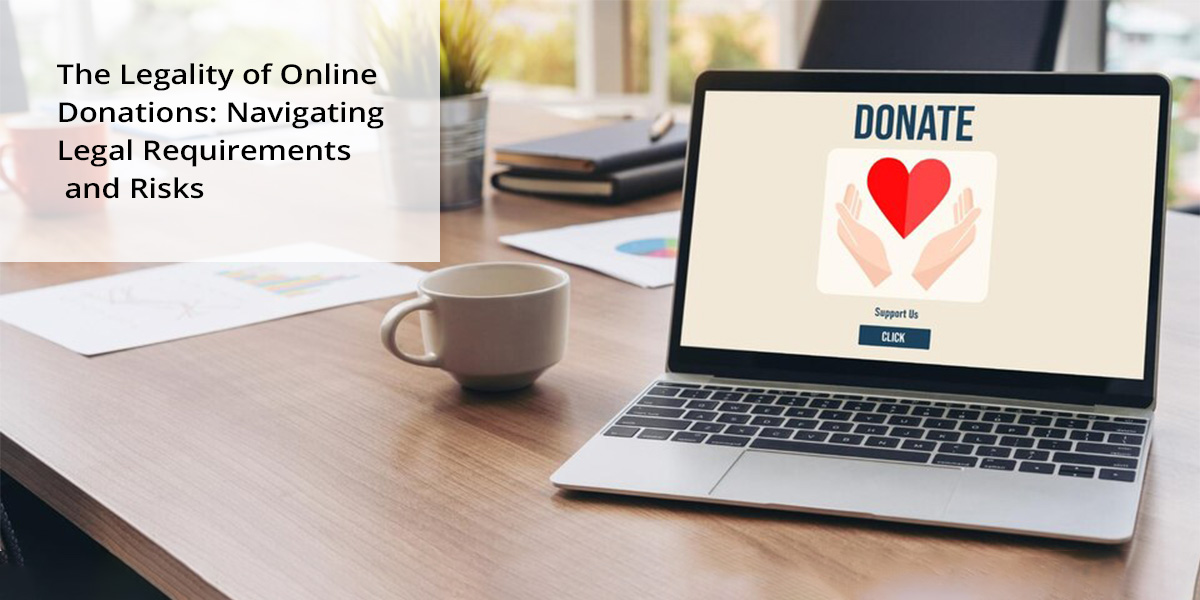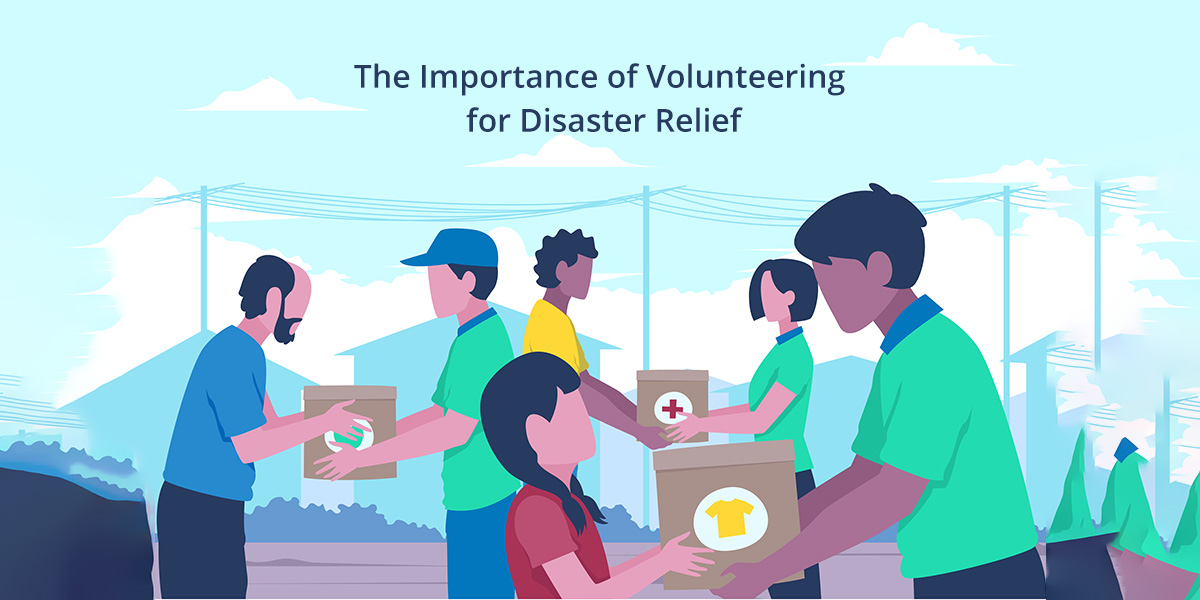Table of Contents
What Are Online Donations?
In today’s digital age, online donations have become a prevalent method of contributing to charitable causes, allowing individuals to support organizations and initiatives from the comfort of their homes. This seamless process involves transferring funds electronically through various platforms, ensuring that financial contributions reach the intended recipients quickly and efficiently. However, the legality of online donations involves a complex landscape of legal requirements and potential risks that both donors and organizations must be aware of.
Why Are Online Donations Popular?
Online donations have gained immense popularity due to their convenience and accessibility. Donors no longer need to write checks, attend fundraising events, or physically visit a location to contribute to a cause they care about. Instead, a few clicks can facilitate donations from anywhere in the world. Additionally, the rise of social media and crowdfunding platforms has allowed individuals to share campaigns easily, broadening the reach of causes and garnering support from a global audience. While the ease of online donations is undeniable, it’s essential to understand the legal framework that governs this process.
What Are The Legal Requirements For Accepting Online Donations?
Accepting online donations involves compliance with legal requirements to ensure transparency, accountability, and the protection of both donors and organizations. These requirements vary based on the jurisdiction, the nature of the organization, and the purpose of the donations. Failing to adhere to legal obligations can result in financial penalties, loss of tax-exempt status, and damage to an organization’s reputation.
Legal Requirements For Accepting Online Donations
- Setting Up A Registered Charity Or Nonprofit Organization:
Before accepting online donations, it’s crucial to establish the appropriate legal entity, such as a registered charity or nonprofit organization. This entails fulfilling registration and reporting requirements with the relevant government authorities. Registering provides legitimacy to the organization, ensuring that donors’ contributions are directed to a lawful and recognized entity - Obtaining A Tax-Exempt Status:
Organizations seeking tax benefits for both themselves and their donors must obtain tax-exempt status. This involves applying for recognition as a tax-exempt entity under the applicable tax laws. Donors can typically claim deductions for their contributions if the organization has the necessary tax-exempt designation. Ensuring tax compliance fosters trust and encourages donors to contribute more. - Complying With Anti-Fraud Regulations:
Online donations are susceptible to fraudulent activities, including phishing scams and fraudulent campaigns. To combat this, organizations must comply with anti-fraud regulations and implement security measures to protect donors’ financial information. This includes using secure payment gateways, regularly updating software, and educating donors about potential scams. - Protecting Donor Privacy:
Respecting donor privacy is paramount when accepting online donations. Organizations are often required to adhere to data protection laws that govern the collection, storage, and use of donor information. Privacy policies should be transparent and inform donors how their data will be used, ensuring that personal information is safeguarded.
Risks Of Accepting Online Donations
- Fraud:
Online transactions are susceptible to fraud, with malicious actors attempting to divert funds to unauthorized accounts. Phishing emails, fake websites, and misleading campaigns are common tactics used to deceive donors. Organizations must implement robust verification processes and educate donors about these risks. - Identity Theft:
Donors’ personal information can be compromised if the organization’s cybersecurity measures are inadequate. Cybercriminals can exploit this information for identity theft or unauthorized financial transactions. Implementing encryption, firewalls, and secure payment gateways can mitigate the risk of identity theft. - Credit Card Chargebacks:
Chargebacks occur when donors dispute a transaction, often due to dissatisfaction with the organization’s services or issues with the transaction process. Handling chargebacks involves administrative effort and potential financial losses. To minimize this risk, organizations should ensure transparent communication and efficient dispute resolution. - Data Breaches:
A data breach can expose sensitive donor information, leading to reputational damage and legal consequences. Organizations should implement stringent cybersecurity measures, conduct regular audits, and invest in cybersecurity training for staff members.
Tips For Reducing The Risks Of Accepting Online Donations
1. Choose A Reputable Online Donation Platform:
Select a reputable and secure online donation platform that complies with industry standards for security and data protection. Research the platform’s security features, user reviews, and history of handling data breaches.
2. Use Strong Passwords And Security Measures:
Implement strong passwords, multi-factor authentication, and encryption for online accounts and databases containing donor information. Regularly update your software and systems to prevent vulnerabilities.
3. Educate Your Donors About Online Safety:
Empower donors by providing guidelines for secure online donations. Advise them to verify the legitimacy of campaigns, use secure payment gateways, and avoid sharing sensitive information through email or unsecured websites.
4. Monitor Your Donation Activity Closely:
Regularly monitor donation activity and financial transactions to detect unusual patterns or discrepancies. Timely identification of anomalies can prevent potential fraud or data breaches.
Conclusion
Online donations offer a powerful means of supporting charitable causes and initiatives. However, navigating the legal landscape and mitigating potential risks are crucial for both donors and organizations. By adhering to legal requirements, safeguarding donor privacy, and implementing robust cybersecurity measures, the process of accepting online donations can be both legally compliant and secure. With diligence and awareness, the transformative impact of online donations can be harnessed while maintaining the integrity and security of the process.
Ready to contribute to causes you care about through online donations? Choose reputable platforms, educate yourself about online safety, and make a positive impact while ensuring legal compliance and cybersecurity.






